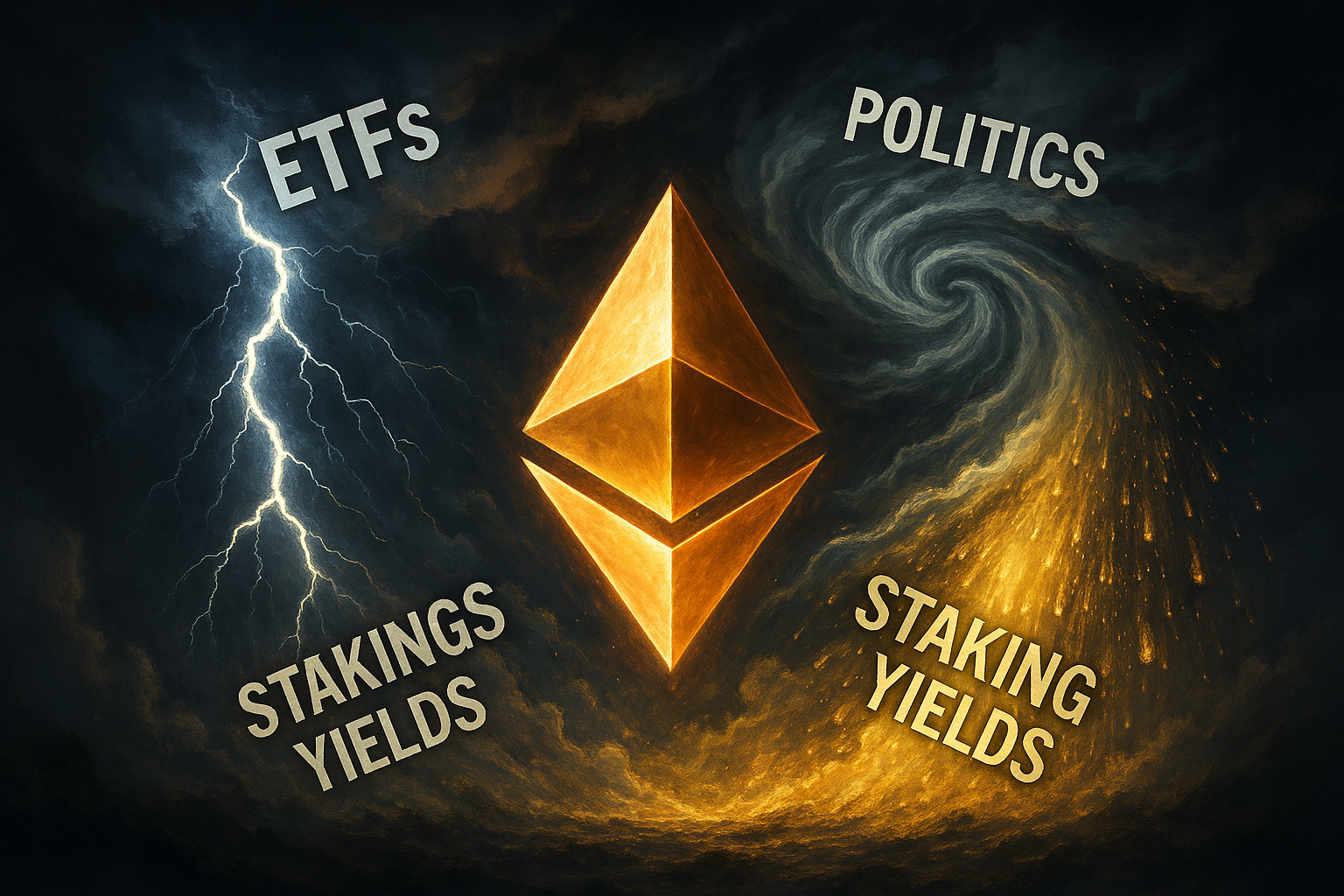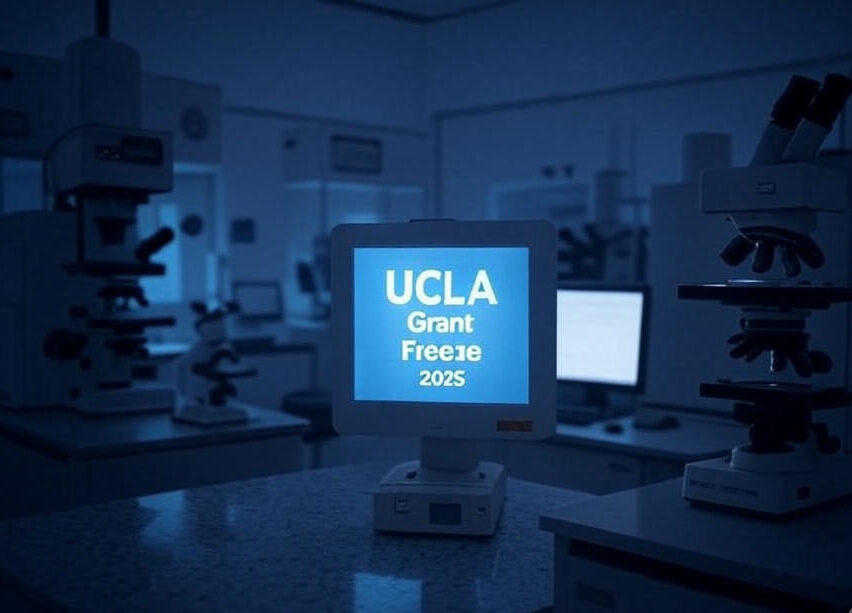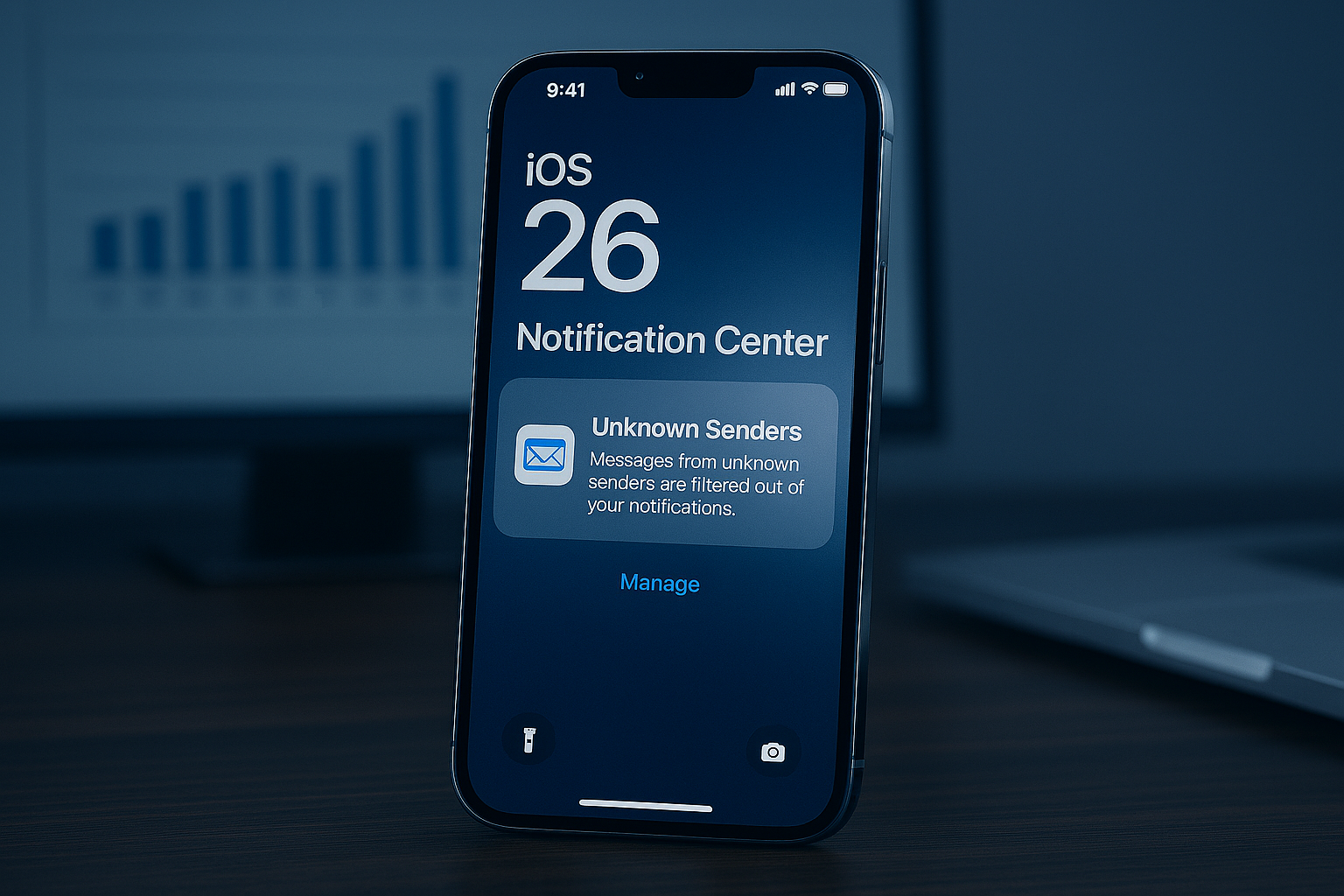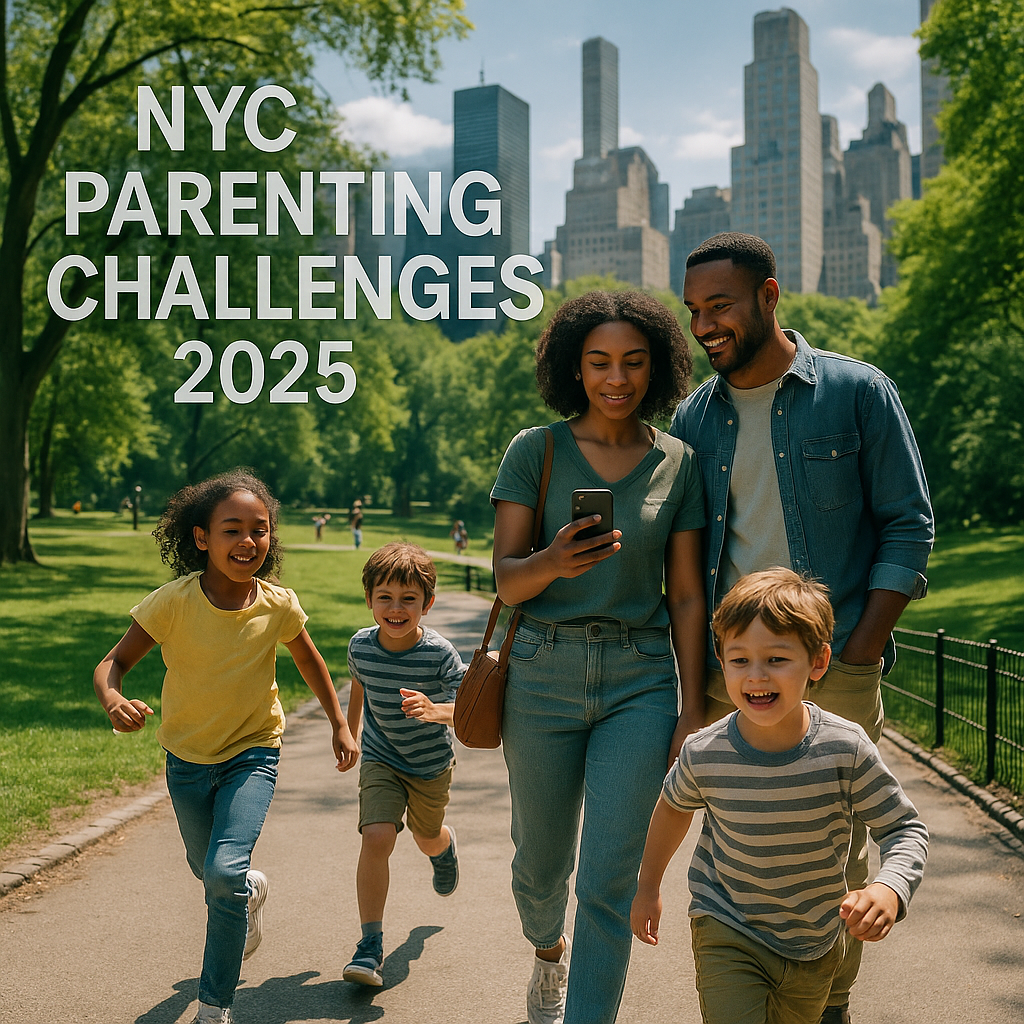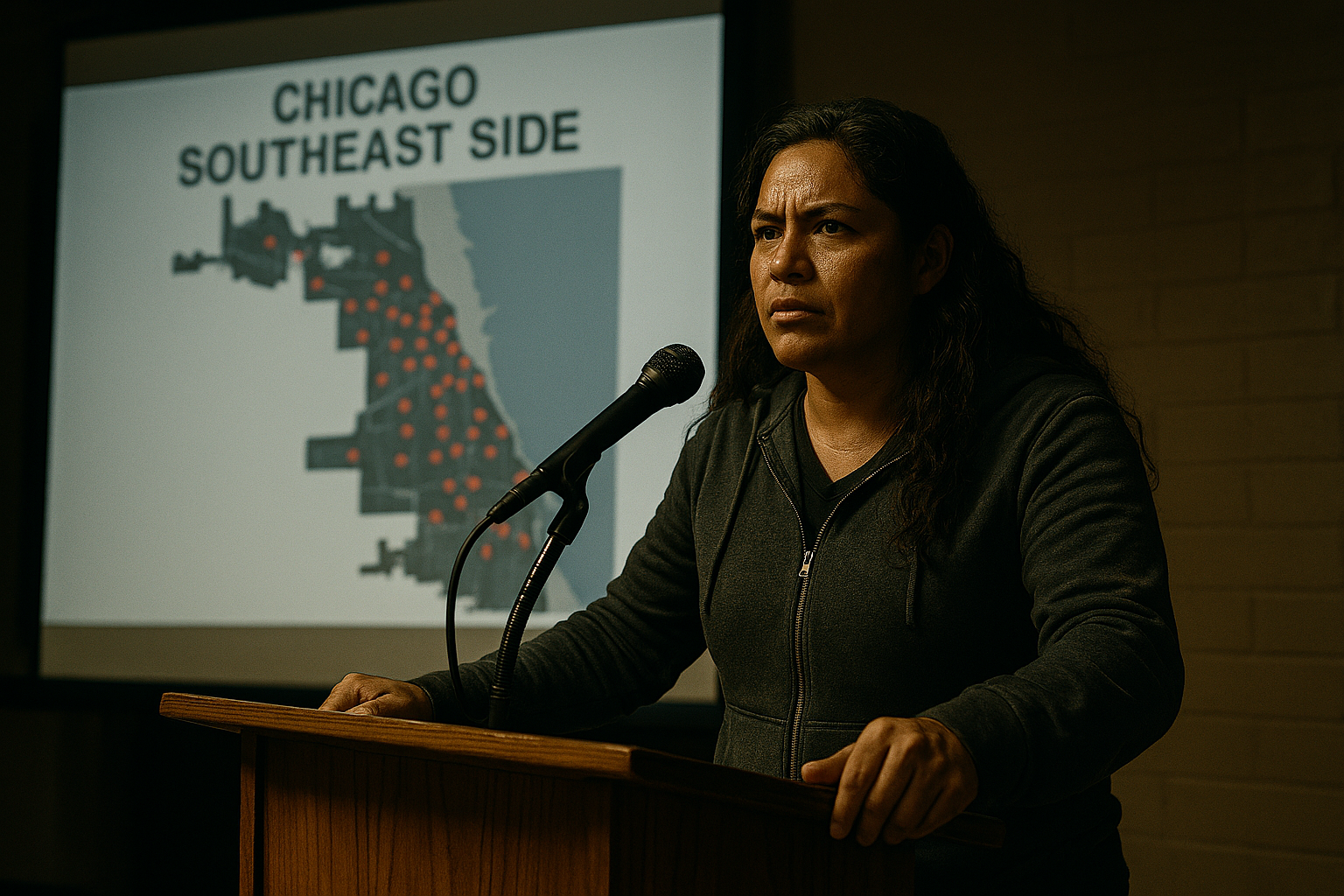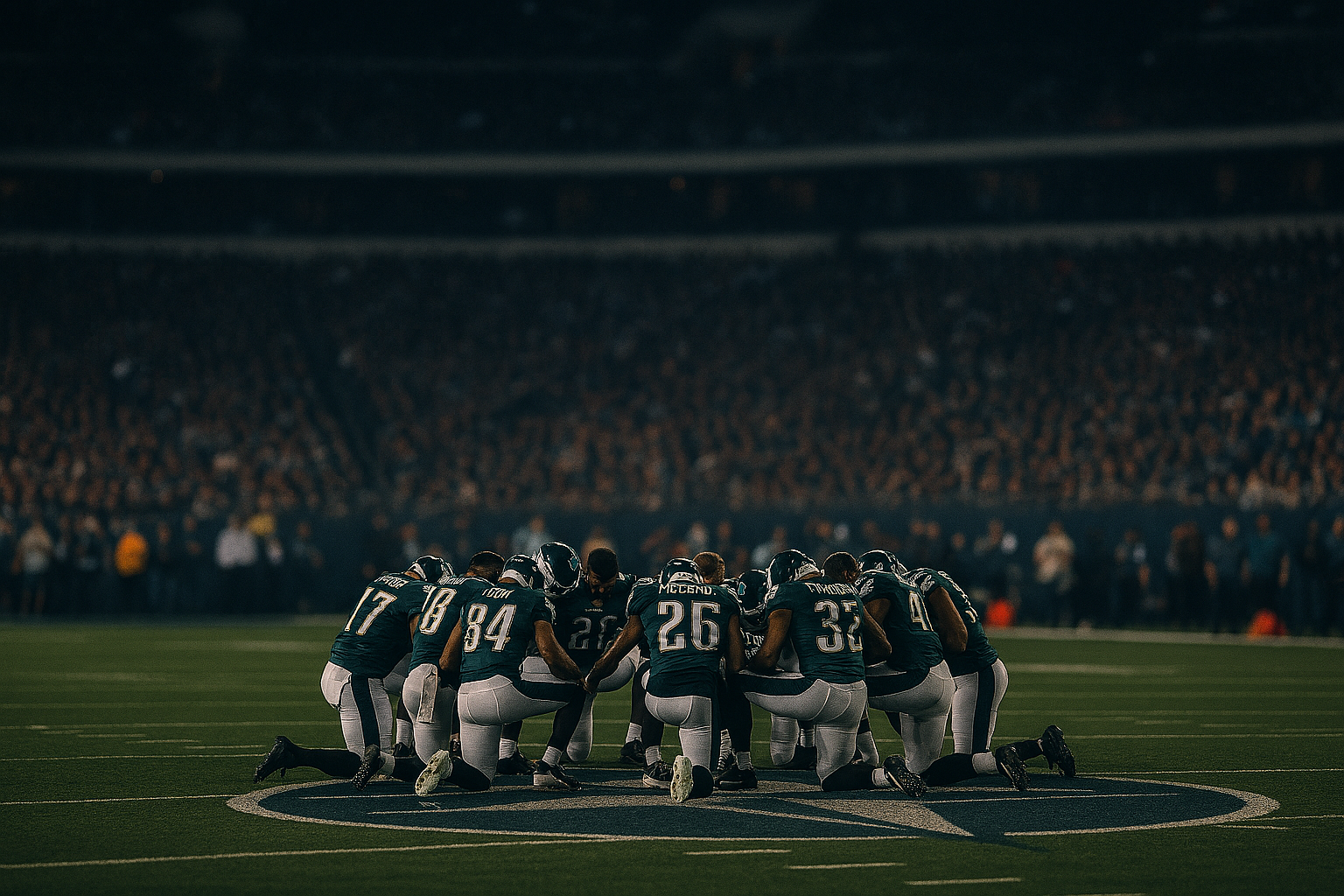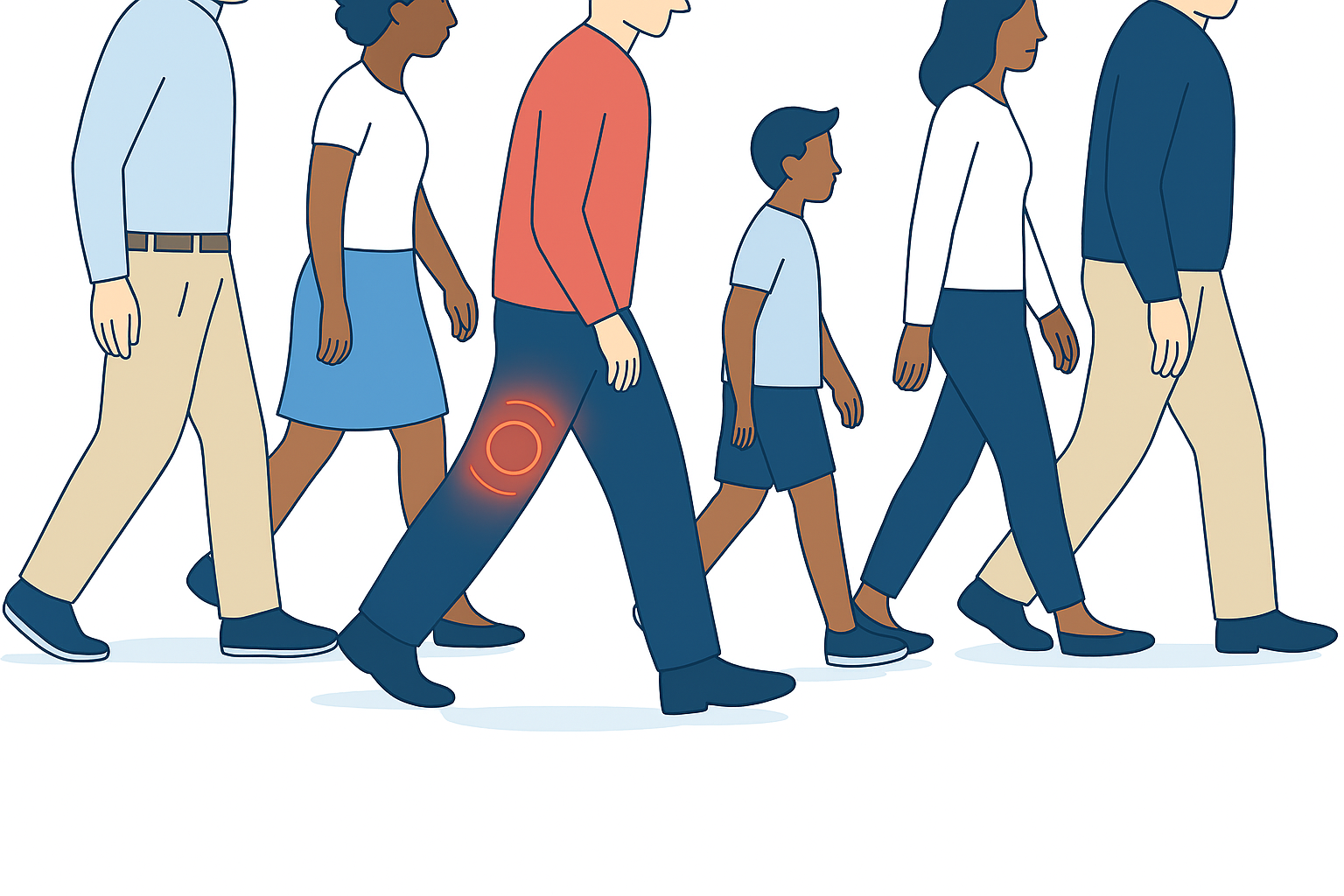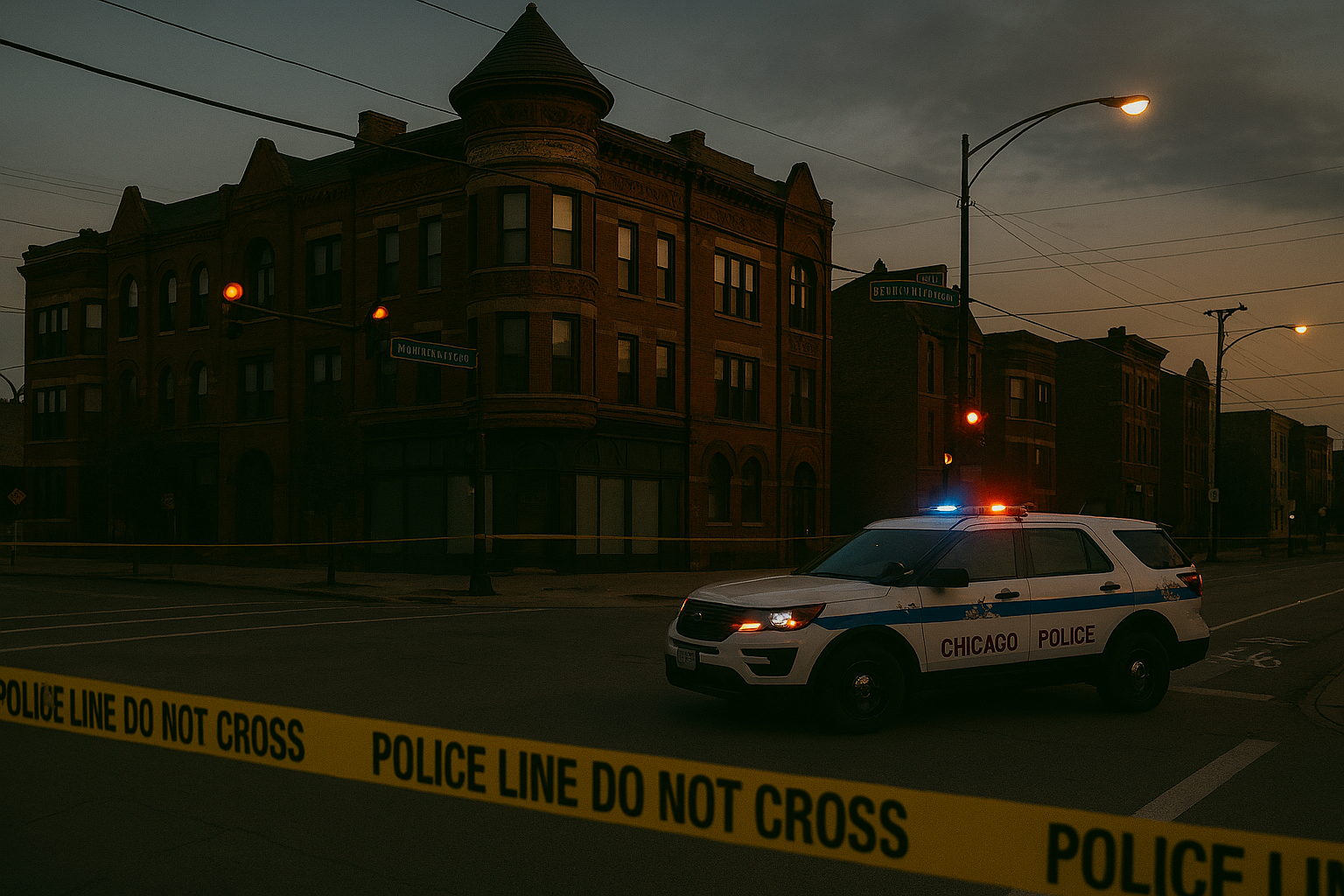RFK Jr mRNA Vaccine Cancellation 2025: A Blow to Family Health Security
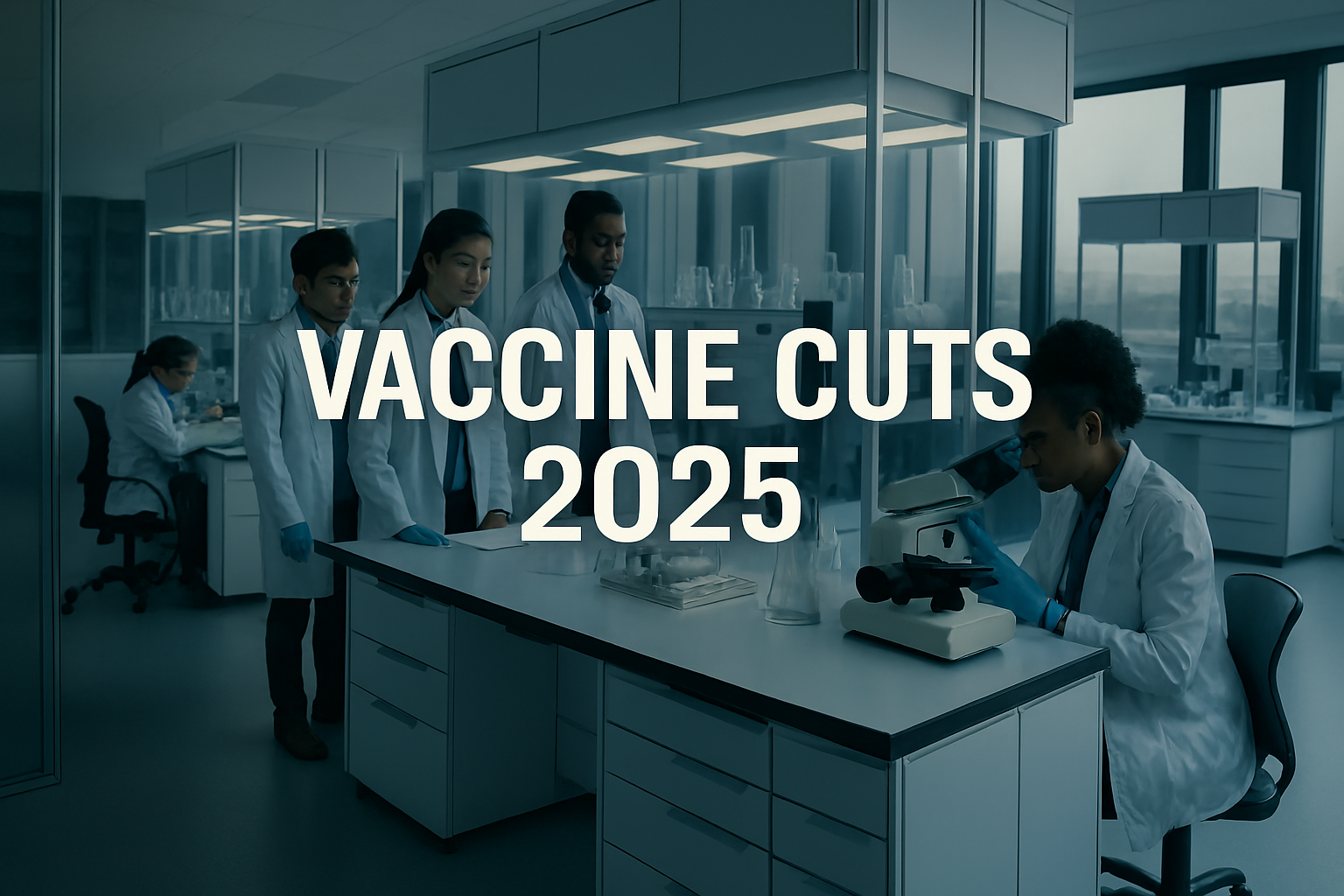
A Risk to Family Health?
A major shift in U.S. health policy has canceled nearly $500 million in contracts for mRNA vaccines, critical for fighting viruses like COVID-19 and flu, per The New York Times. The RFK Jr mRNA vaccine cancellation 2025 decision has sparked fears among families about future pandemic preparedness. With mRNA technology sidelined, how will this impact family health security?
The Decision: Halting mRNA Research
The Department of Health and Human Services (HHS) announced key changes:
- Cancellation Details: Health Secretary Robert F. Kennedy Jr. terminated 22 mRNA vaccine projects worth $500 million, managed by BARDA, following a $600 million Moderna contract cut in May, per The New York Times.
- Rationale: Kennedy claims mRNA vaccines fail against respiratory viruses and drive mutations, favoring older whole-cell vaccines, per STAT. Experts dispute this, citing mRNA’s role in saving 200,000 lives during COVID, per NBC News.
- Alternatives: HHS will prioritize whole-cell vaccines, unused in the U.S. since the 1990s due to side effects like fevers, per The New York Times.
Family Health Implications
The decision affects families:
- Pandemic Preparedness: mRNA’s rapid development, crucial for families during COVID, is sidelined, risking delays in future vaccines, per AP News. 60% of parents prioritize vaccine access, per CDC 2024.
- Safety Concerns: Whole-cell vaccines, linked to harsher side effects, worry families, with 25% reporting vaccine hesitancy, per Statista.
- Public Trust: Kennedy’s claims, called “wildly incorrect” by experts, fuel misinformation, with 30% of X posts on vaccines expressing doubt, per X trends.
Critical Perspective: Gaps in the Narrative
The narrative, per The New York Times and STAT, focuses on Kennedy’s anti-mRNA stance but overlooks key issues:
- Scientific Evidence: Kennedy’s claims lack data, as mRNA vaccines adapt quickly to variants, unlike whole-cell shots, per NBC News. Only 10% of experts support his view, per The Independent.
- Funding Impact: Cuts affect firms like Pfizer, with 20% of mRNA research halted, per PBS News, risking jobs and innovation.
- Family Risks: The narrative ignores long-term family health impacts, with 40% of parents unaware of vaccine policy shifts, per KFF.
- Policy Motives: Kennedy’s ties to anti-vaccine groups, like Children’s Health Defense, raise bias concerns, per NBC News.
This focus on skepticism risks undermining proven science and family trust.
Implications for Family Life
The decision shapes health policy:
- Vaccine Access: Families may face delays in flu or COVID boosters, with 15% fewer doses projected for 2026, per The Guardian.
- Public Debate: X posts on vaccine policy rose 25% in 2025, reflecting family concerns, per X trends.
- Global Impact: U.S. withdrawal from Gavi, cited by Kennedy for using whole-cell vaccines, may limit global access for low-income families, per The New York Times.
Recommendations for Families
- Parents: Stay informed via cdc.gov and verify vaccine information, per PBS News. Share concerns on X at @CDCgov.
- Communities: Launch a health literacy campaign on vaccine safety, modeled on 2024 flu drives, to protect families, per Family Circle.
- Policymakers: Restore mRNA funding, as 70% of scientists support its efficacy, per STAT.
Conclusion
The RFK Jr mRNA vaccine cancellation 2025 threatens family health security by halting proven technology. Education and evidence-based policy can safeguard families. Share your thoughts on vaccine policy below.
